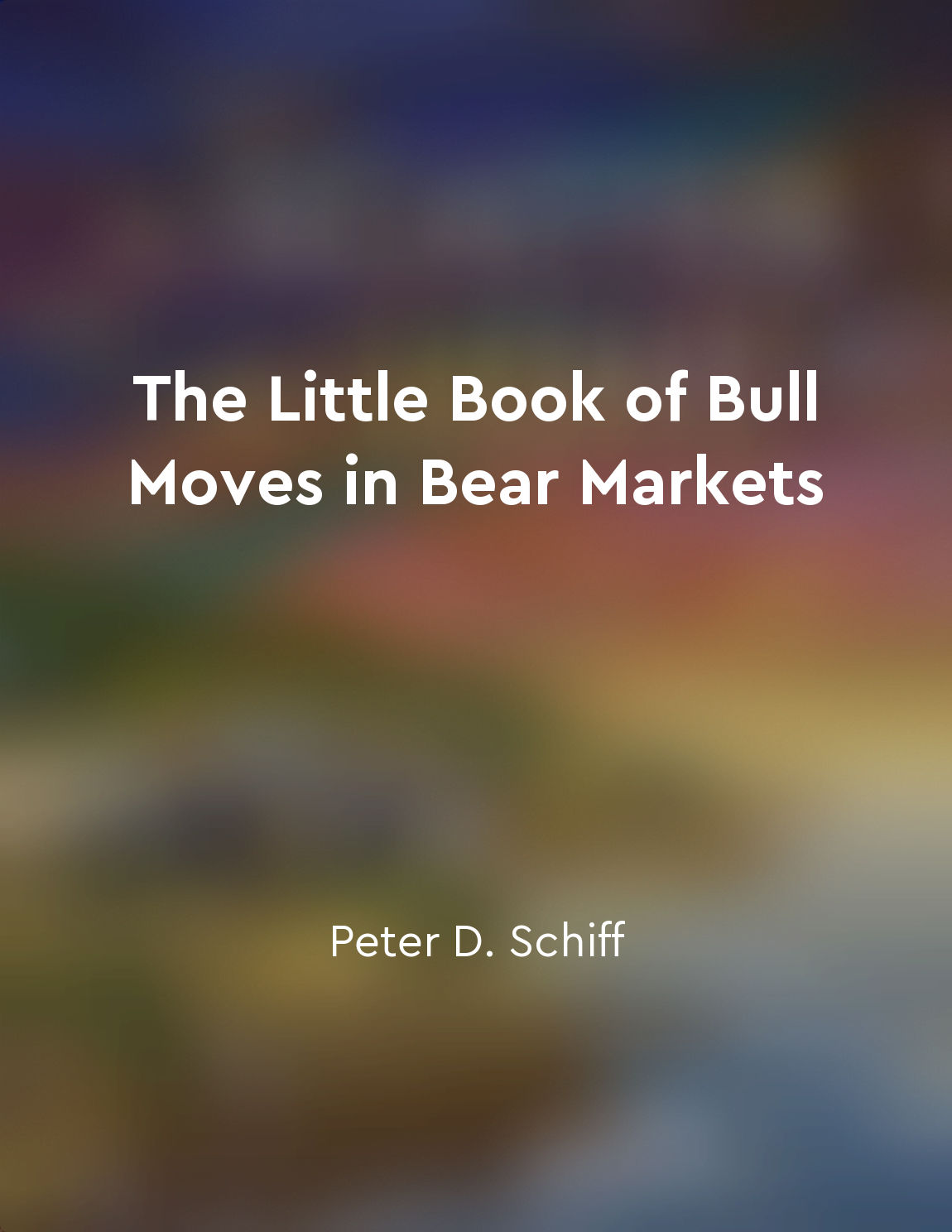Economic fallacies in politics from "summary" of Economic Facts and Fallacies by Thomas Sowell
Economic fallacies in politics often stem from a misunderstanding of basic economic principles. One common fallacy is the belief that there is a fixed amount of wealth in the world, and that one person's gain must necessarily come at another person's expense. This "fixed pie" fallacy ignores the fact that wealth can be created through innovation, investment, and hard work. In reality, a growing economy can benefit everyone, as wealth is not a zero-sum game. Another fallacy is the belief that price controls can improve economic outcomes. Politicians may advocate for price controls on goods and services to make them more affordable for consumers. However, price controls can lead to shortages, inefficiencies, and decreased quality. By distorting market signals, price controls can actually harm the very people they are intended to help. Protectionism is another economic fallacy that often creeps into political discourse. Politicians may argue for tariffs and trade barriers to protect domestic industries and workers from foreign competition. However, protectionism can lead to higher prices for consumers, reduced choices, and retaliation from other countries. In the long run, protectionist policies can harm the overall economy and stifle innovation. Minimum wage laws are another example of economic fallacies in politics. Politicians may advocate for raising the minimum wage as a way to help low-income workers. However, increasing the minimum wage can lead to job losses, as employers may be forced to cut back on hiring or automate tasks to offset higher labor costs. In the end, raising the minimum wage may not benefit those it is intended to help, and can have unintended consequences for the economy as a whole.- Economic fallacies in politics often stem from a lack of understanding of basic economic principles. By recognizing and addressing these fallacies, policymakers can make more informed decisions that benefit the economy and society as a whole. It is important for policymakers to base their decisions on sound economic reasoning rather than fallacious thinking.
Similar Posts

Bear markets are a natural part of the economic cycle
Bear markets are a natural part of the economic cycle. They are periods of time when stock prices fall, investor sentiment sour...
The Soviet Union exemplified a command economy
The Soviet Union, as a prime example of a command economy, was characterized by central planning and state ownership of the mea...
Game theory analyzes strategic decisionmaking
Game theory is a branch of economics that studies strategic decision-making. It is based on the idea that in situations where t...

Global trade benefits all
The principle of global trade being beneficial to all parties involved is a fundamental tenet of economic theory. When countrie...

Financial regulations aim to protect investors and maintain stability
Financial regulations are put in place with the primary objective of safeguarding investors and ensuring the overall stability ...
Redistribution of resources
The redistribution of resources is a fundamental concept that underpins the economic relationships between nations. In the afte...

Central planning is inefficient and ineffective
Central planning involves a small group of people making decisions for the entire society. This group believes they have the kn...
Government regulations
Government regulations are often seen as a way to protect consumers, workers, and the environment from harm. However, these reg...

Market forces influence legal outcomes
The legal system is not isolated from the market economy; rather, it is influenced by the same market forces that shape economi...

Role of government is limited
The fundamental principle of a free society is the limitation of the power of the government to interfere with the activities o...

